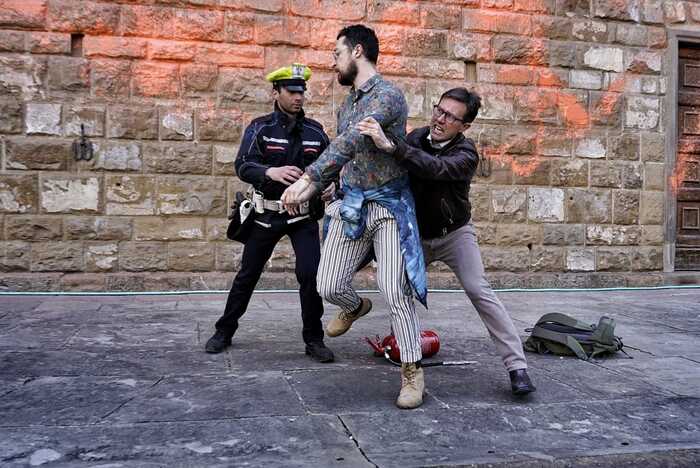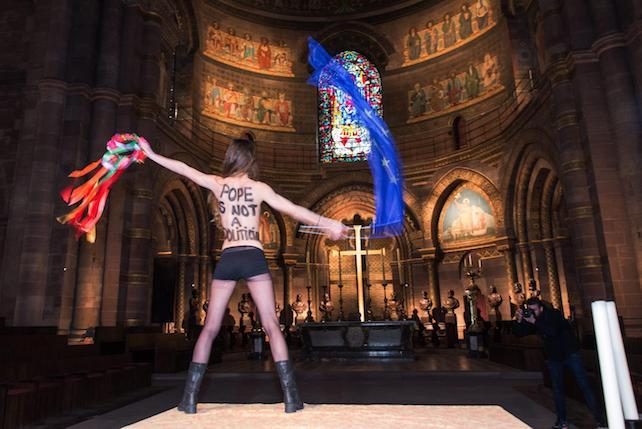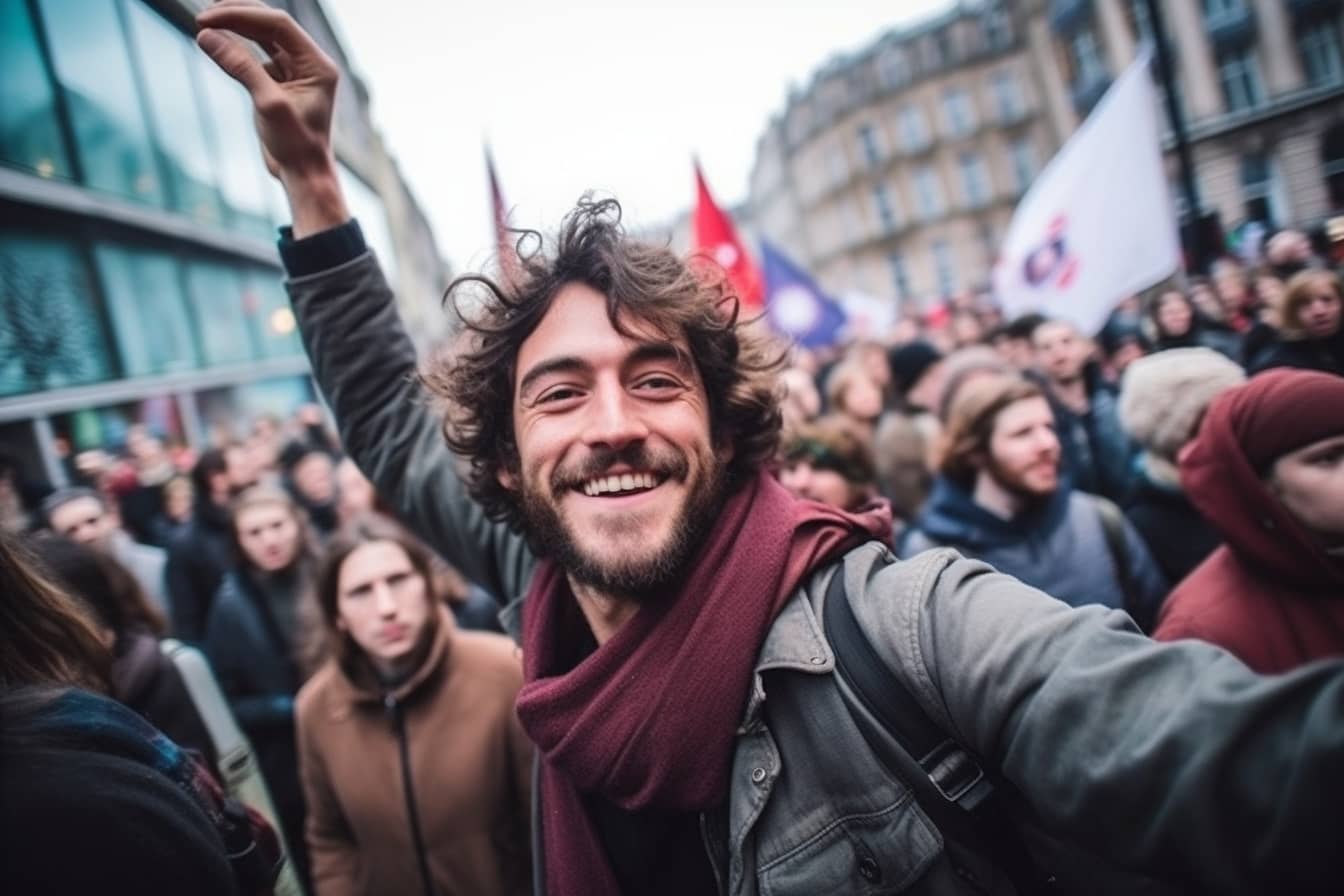In an age dominated by social media, activism has undergone a metamorphosis. From a powerful manifestation of dissent, the protest now seems more like a spectacle that has the main objective of capturing attention, rather than advancing a cause. But what does this really mean for the nature of protests and their effectiveness?
Protest as performance
Have you ever heard of the “Belgrade Method”? It is a “postmodern” method of revolution which took its first steps in the final months of 2000. This type of protest is based more on performance than substance, with demonstrations often aimed at capturing media attention rather than advancing a cause.
The more time passes, the more "symptoms" we observe of this form of protest, or rather: of an even less effective version of it. A version clearly aimed at capturing attention, rather than communicating a clear message or sparking constructive debate.

The superficiality of social media activism
The ephemeral nature of social media has helped create an environment where visibility is valued more than effectiveness. Manifestations such as throwing orange confetti at an ex-politician at his wedding go viral, but lack an underlying political strategy. These acts of protest, while attracting attention, often lack a concrete plan to convert that attention into political support.
The new generation protesters (sometimes from “Ultima”), in short, seem more interested in creating a viral video for social media than in advancing a cause. This type of “stage” activism has become increasingly common, and is a side effect of social media that pleases those who want to silence dissent.
The perverse mechanism of social media algorithms it succeeded perfectly in putting people in conflict and competition with each other, promoting individualism and preventing unity of purpose. Divide and conquer military grade. By reversing the terms, this time the product changes: gentlemen, Machine against the Rage.

Looking for a solution
What do you do when “activists” seem more interested in themselves than in the cause they say they support? When their protest activity is reduced to a photo for the Instagram feed or a video for TikTok, is it more common to get likes and shares than to make real changes?
If this is the direction the protest is heading, civil society is in very serious trouble. In the end, each event will prepare an initial moment of "institutionalized" protest: a sort of red carpet for "social media revolutionaries", which allows them to take photos and videos for the benefit of their followers and then go home safely.
How can we bring activism back to its true essence? How can we ensure that a protest is motivated by true passion for a cause, rather than a desire for attention?
Without countermeasures, totalitarianism will not be needed to subjugate public opinion: "likes" will be enough.


